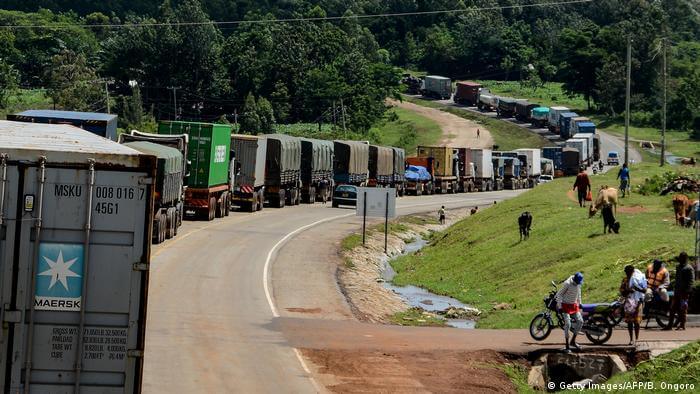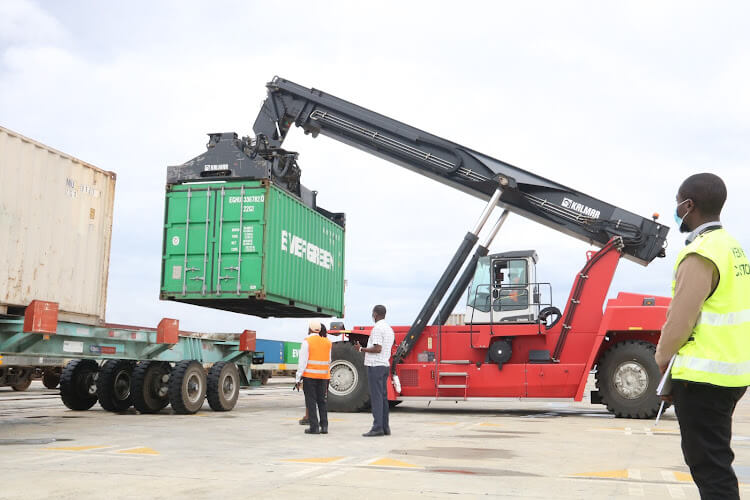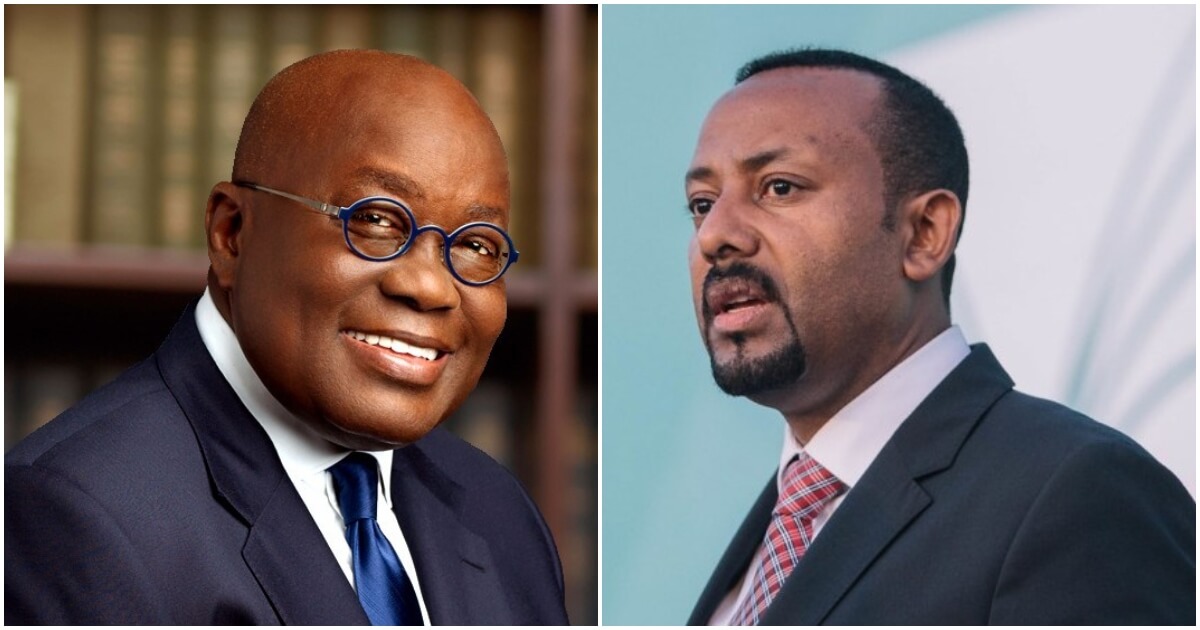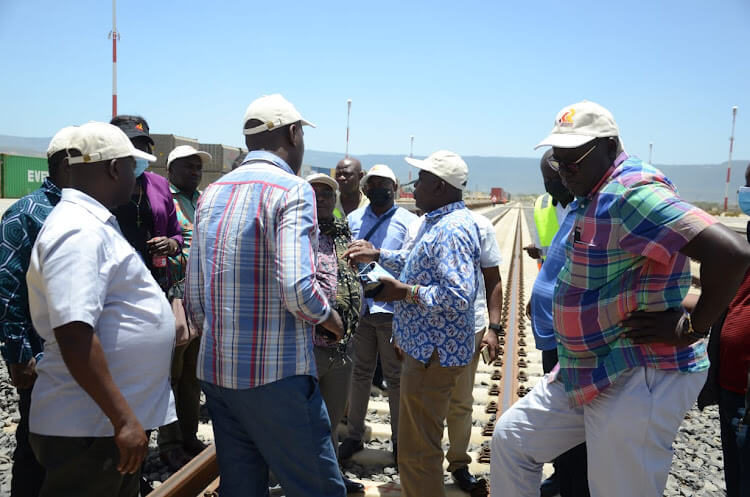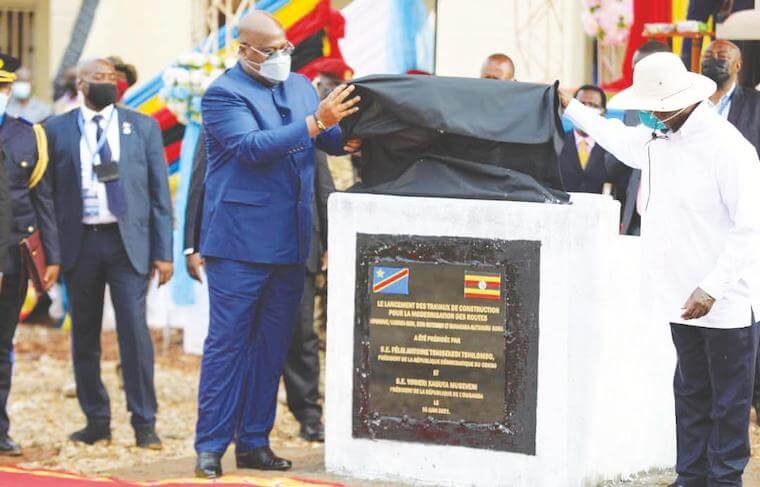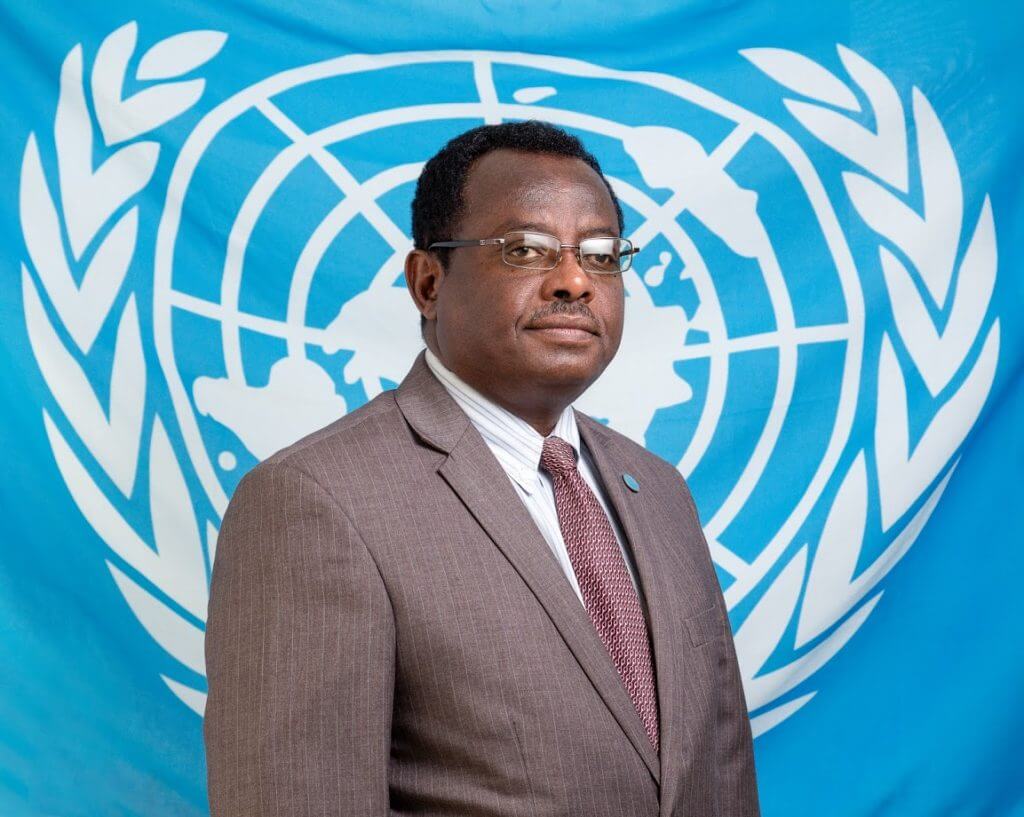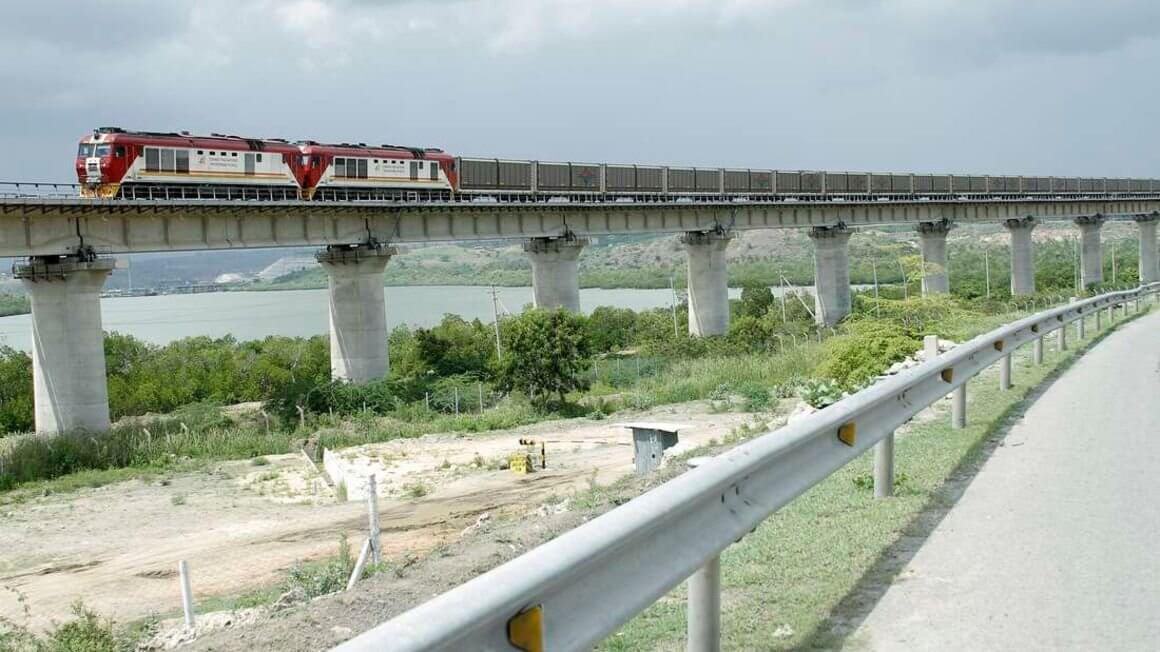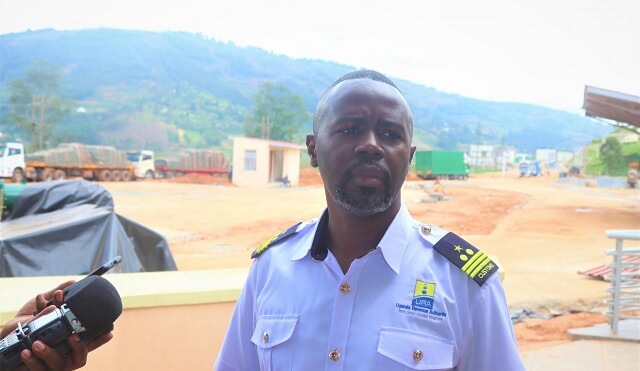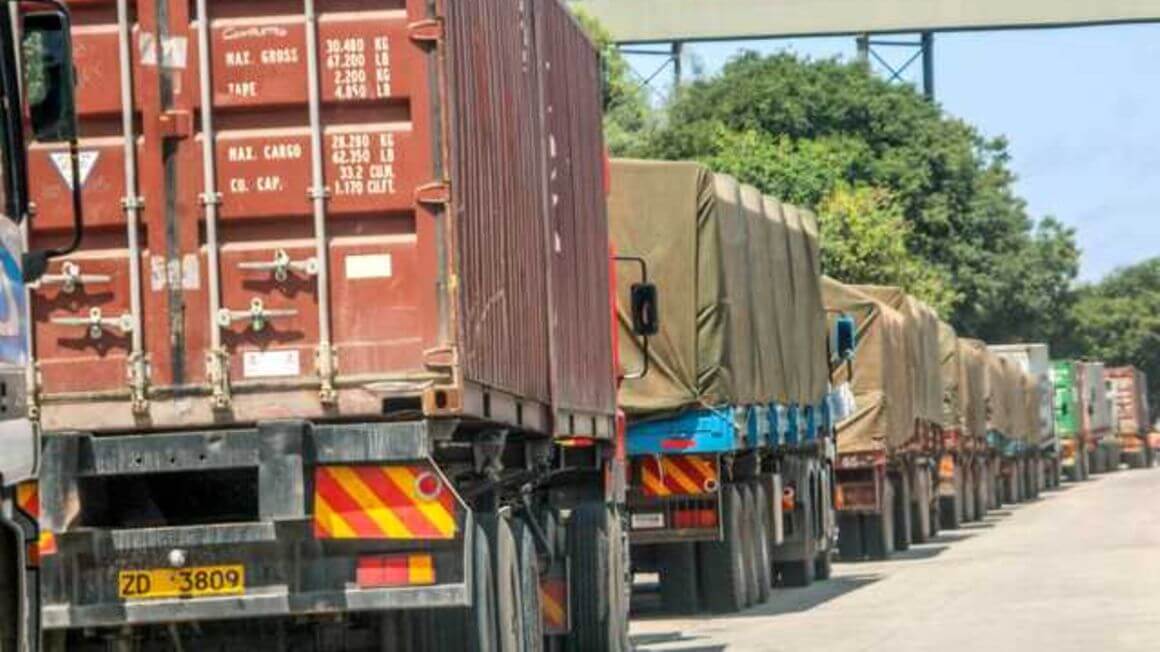AFRICA Country Business Index (ACBI) has called on African countries to ratify and sign important agreements to promote trade and investment in the continent. According to ACBI recommendations from the study conducted in seven African countries show that they performed better in awareness and use of free trade areas followed by a commercial environment. This was revealed on Tuesday in Arusha by the African Continental Free Trade Area (AfCFTA) and ACBI report that surveyed businesses in Angola, Cote d'Ivoire, Gabon, Kenya, Namibia, Nigeria and South Africa. Some of the agreements that African countries were advised to ratify are namely African Aviation Market, People's Free Movement protocols, Copyright and Electronic Trade. Speaking at the Webinar on Primer for the AfCFTA Country Business Index report that was organized by Economic Commission for Africa (ECA), the Executive Director, East African Business Council (EABC) Mr John Kalisa said, there is a need for flexible and clear predictable rules of origin for business to benefit from AfCFTA. He also elaborated that the Rules of Origin consists of three broad dimensions as the first is the Good Restrictiveness and Costs, AfCFTA Knowledge and Commercial Environment in particular domestic environment related to services and other new generation issues under negotiation in the AfCFTA. Mr Kalisa further explained that intra-regional trade is sliding back below 20 per cent due to persistent tariff and Non-Tariff Barriers imposed on both large and micro small medium enterprises. He also recommended the sensitization campaigns on the AfCFTA, harmonization of standards and sanitary...
‘Ratify agreements to promote trade, investment in Africa’
Posted on: March 14, 2022
Posted on: March 14, 2022

